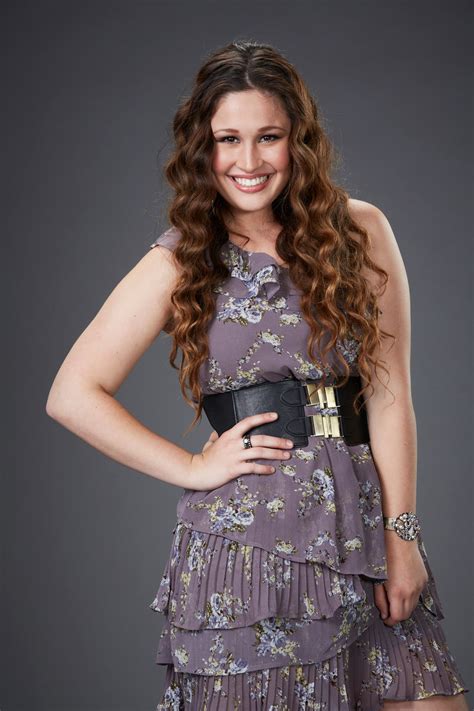A Quote by Allan Bloom
It was not necessarily the best of times in America when Catholics and Protestants were suspicious of and hated one another; but at least they were taking their beliefs seriously, and the more or less satisfactory accommodations they worked out were not simply the result of apathy about the state of their souls.
Related Quotes
I came from a tradition where souls were a theological reality, not a faith reality. Souls were for saving, not for communing. Souls were for converting and, once they were converted, they were to be left alone. Souls were too mystical, too subjective, too ambiguous, too risky, too... well, you know - New Age-ish.
Where people work longest and with least leisure, they buy the fewest goods. No towns were so poor as those of England where the people, from children up, worked fifteen and sixteen hours a day. They were poor because these overworked people soon wore out -- they became less and less valuable as workers. Therefore, they earned less and less and could buy less and less.
Prior to and during [John] Locke's time, it was difficult to determine where religion or church left off and government or state began. The powers of both were often combined. As a result, churches frequently used the force of the state to promote and enforce their interests and doctrines. This caused horrendous atrocities against Jews and heretics, as well as the European religious wars between Catholics and Protestants of the sixteenth and seventeenth centuries that resulted in the deaths of millions of people.
Looking back at the worst times, it always seems that they were times in which there were people who believed with absolute faith and absolute dogmatism in something. And they were so serious in this matter that they insisted that the rest of the world agree with them. And then they would do things that were directly inconsistent with their own beliefs in order to maintain that what they said was true.
I wish this story were different. I wish it were more civilized. I wish it showed me in a better light, if not happier, than at least more active, less hesitant, less distracted by trivia. I wish it had more shape. I wish t were about love, or about sudden realizations important to one’s life, or even about sunsets, birds, rainstorms, or snow. I’m sorry there is so much pain in this story. I’m sorry it’s in fragments, like a body caught in crossfire or pulled apart by force. But there is nothing I can do to change it.
Anti-Semitism is best understood as a virus. It has no logic. Jews were hated because they were rich and because they were poor; because they were capitalists and because they were communists; because they held tenaciously to an ancient faith and because they were rootless cosmopolitans, believing nothing. Hate needs no logic. It is a sickness of the soul.
There's more attention paid to entertainers than ever and less that they have to say. Not that entertainers were ever a great beacon of knowledge to begin with, but at least when the Beatles were the leaders of the culture, they had a message. It was brief; it wasn't terribly complicated. "Give Peace a Chance." "All You Need is Love." But at least they were trying. At least they had grown.
My parents were both first-generation Irish Catholics raised in Brooklyn. But it was more for me - it was that women of that generation were even less likely to express themselves, more likely to have that active interior life that they didn't dare speak out. So I was interesting in women of that era. I was interested in the language of that era. There's so much. And, certainly, this is cultural, so much there wasn't spoken about.
I was looking, a piece in the "L.A. Times" about a paper called "The Menace" back in 1915, that was railing against Catholics and it said all sorts of things about them. They are essentially a fifth column. They are crypto fascists, that they said if we were compelled to live in this term with Romanists, that`s their term of Catholics, the Romanists will have to be taught their place in. Was that bigotry or were they correct back then to look at Catholicism as fundamentally alien and threatening to the American way of life?









































